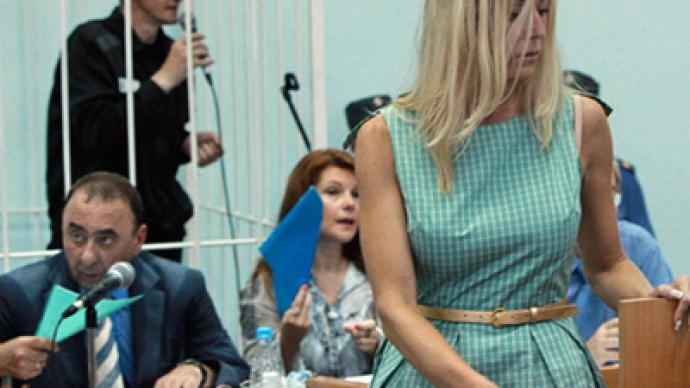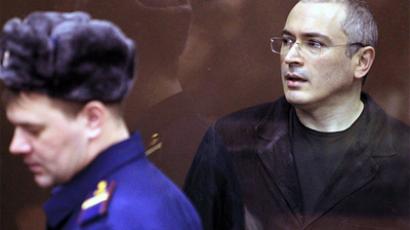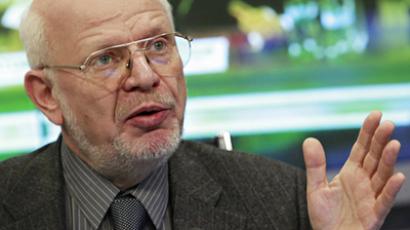Khodorkovsky's partner rejected parole: No end to liberalization?

Although Platon Lebedev was denied early release, this does not evidence that the course for liberalization has been abandoned, Mikhail Fedotov, the head of the presidential human rights council, has said.
“I would consider any talk about the end of the politics of liberalization to be absolutely senseless,” Fedotov said. He was commenting on the court’s decision regarding the request for early release filed by Platon Lebedev, a friend and business partner to former Yukos CEO Mikhail Khodorkovsky. A judge in the North Russian town of Velsk on Wednesday ruled to refuse Lebedev’s plea on the grounds that the former businessman “had failed to repent”, as well as “for a number of other reasons” which are in accordance with the law.However, Fedotov noted that “one swallow that has arrived doesn’t make a summer, and one that has flown away doesn’t make it autumn.” The fact that the court denied early release to Lebedev does not mean that the decision cannot be changed after an appeal is filed, he told Interfax. Lebedev’s lawyers are filing a brief appeal on Thursday, and they are going to extend it later upon closely examining the records of the court’s decision. Fedotov is certain that Lebedev’s defense team will try to dispute the negative reference that the administration of the prison colony had given to Lebedev. In recent years, his lawyers have made such attempts and they were often successful, the official noted. At any rate, Lebedev’s case should be thoroughly considered in light of the broad amnesty granted to businessmen who were sentenced for economic crimes over the last 10 years, Fedotov believes. If Russia needs liberalization of its laws and economic life, it is high time the country announced an economic amnesty, he stated. He stressed that President Dmitry Medvedev considers it the right thing to use the institute of early release more frequently, and is continuing “the course on the humanization of criminal legal procedures.” At the same time, Fedotov was not surprised at the ruling of the court in Velsk, because Lebedev had received reprimands from the administrators of the prison colony. These reprimands may provide grounds for denying parole, but some politicians and human rights activists have already called them “ridiculous.” The reasons for the refusal to give Lebedev early release “do not contribute to expanding the authority of our judicial system, Russia’s human rights ombudsman Vladimir Lukin said. This can also make it possible to think that “the court could have had other reasons that were not named,” he noted. Lyubov Sliska, a deputy speaker of the State Duma from the ruling United Russia party, went even further, calling the court proceedings on Lebedev “a spectacle.” If a judge refuses to give parole, he or she should give “substantive reasons,” the politician noted. “As a jurist myself, I do not consider the arguments that have been presented as sufficient.” Sliska said she was ready to compensate the cost of a cotton pair of overalls that the prison colony administration claims Lebedev lost. Meanwhile, the presidential council on human rights is preparing the public experts' assessment of the ruling in the second Yukos trial. The report will be submitted to the president in September.














